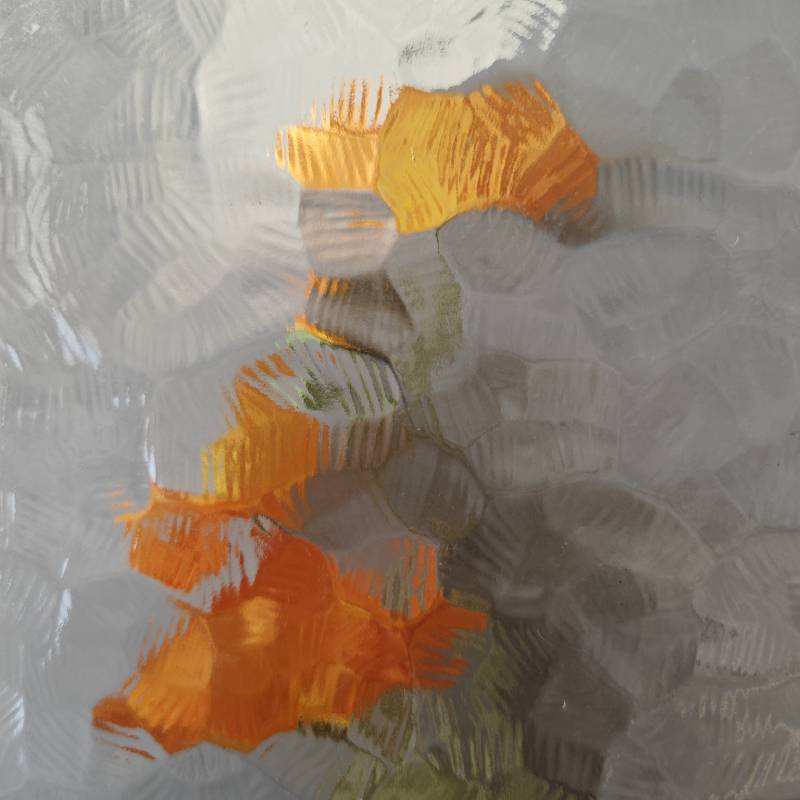

Float glass is a revolutionary product in the glass industry, renowned for its perfectly flat and uniform surface, a feat achieved through its unique manufacturing process. The creation of float glass involves floating molten glass on a bed of molten tin, which ensures its even thickness and brilliant clarity. This innovative method has positioned float glass as an essential material in various sectors, from architecture to automotive industries.

The use of float glass in modern architecture has transformed the way buildings are designed and constructed. With its high light transmittance, architects favor it for creating stunning facades, maximizing natural light while maintaining energy efficiency. A case study of its application is evident in skyscrapers, where vast glass panels provide panoramic views and contribute to a building's aesthetic appeal and environmental performance.
In residential settings, float glass enhances not only the visual aspects but also the comfort of a home. Homeowners often select float glass for windows to achieve a perfect balance of natural light and thermal insulation. Its adaptability allows for various finishes, such as tinted, laminated, or coated glass, catering to diverse needs and preferences regarding privacy, safety, and energy efficiency.

The automotive industry also benefits significantly from float glass technology. Car manufacturers utilize it to create windshields and windows that offer clear visibility, robustness, and safety. Advanced glass treatments, including lamination and tempering, improve resistance to impact and thermal stress, ensuring passenger protection and comfort.
From an environmental standpoint, float glass production aligns with sustainability goals through continual innovations in glass recycling and energy-efficient manufacturing practices. This dedication to reducing environmental impact further bolsters the material's reputation as a responsible choice for eco-conscious consumers and industries.
Experts in the glass manufacturing field applaud the technological advancements in float glass production. Research and development efforts continuously push the boundaries, exploring new coatings and treatments to enhance properties such as UV protection, thermal insulation, and anti-reflective surfaces. These innovations ensure that float glass remains at the forefront of material science, meeting the ever-changing demands of modern society.
From an economic perspective, the widespread adoption of float glass drives job creation and contributes to economic growth. Manufacturing plants dedicated to float glass production offer numerous employment opportunities, ranging from skilled technical positions to roles in logistics and sales.
Trust in float glass is further cemented by industry standards and certifications that guarantee product quality and safety. Regulatory bodies meticulously monitor manufacturing processes, ensuring compliance with safety and environmental standards. This oversight provides consumers and industries with peace of mind, knowing that the glass products they utilize are not only high-quality but also safe and sustainable.
Float glass stands as a testament to innovation in the materials industry, combining aesthetics, functionality, and sustainability. Its widespread application across various sectors underscores its versatility and importance in shaping modern infrastructure and technology. As developments continue, float glass will undoubtedly play an integral role in future advancements, offering limitless possibilities for industries and consumers alike.